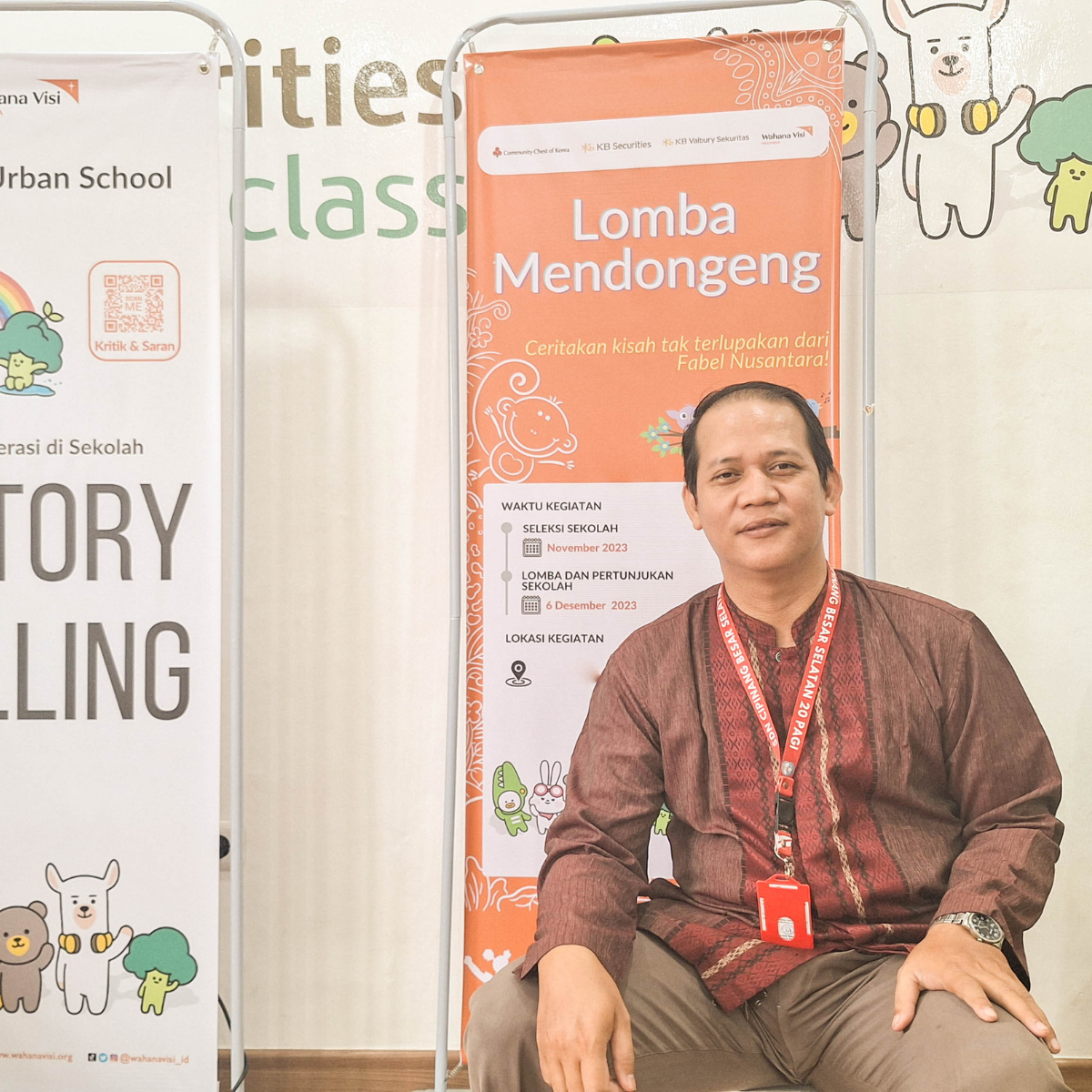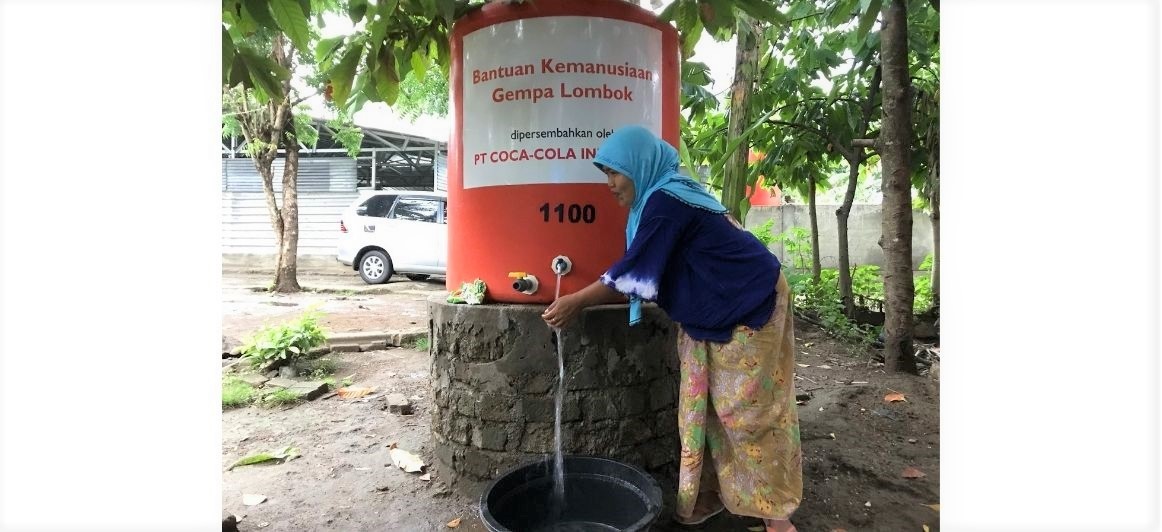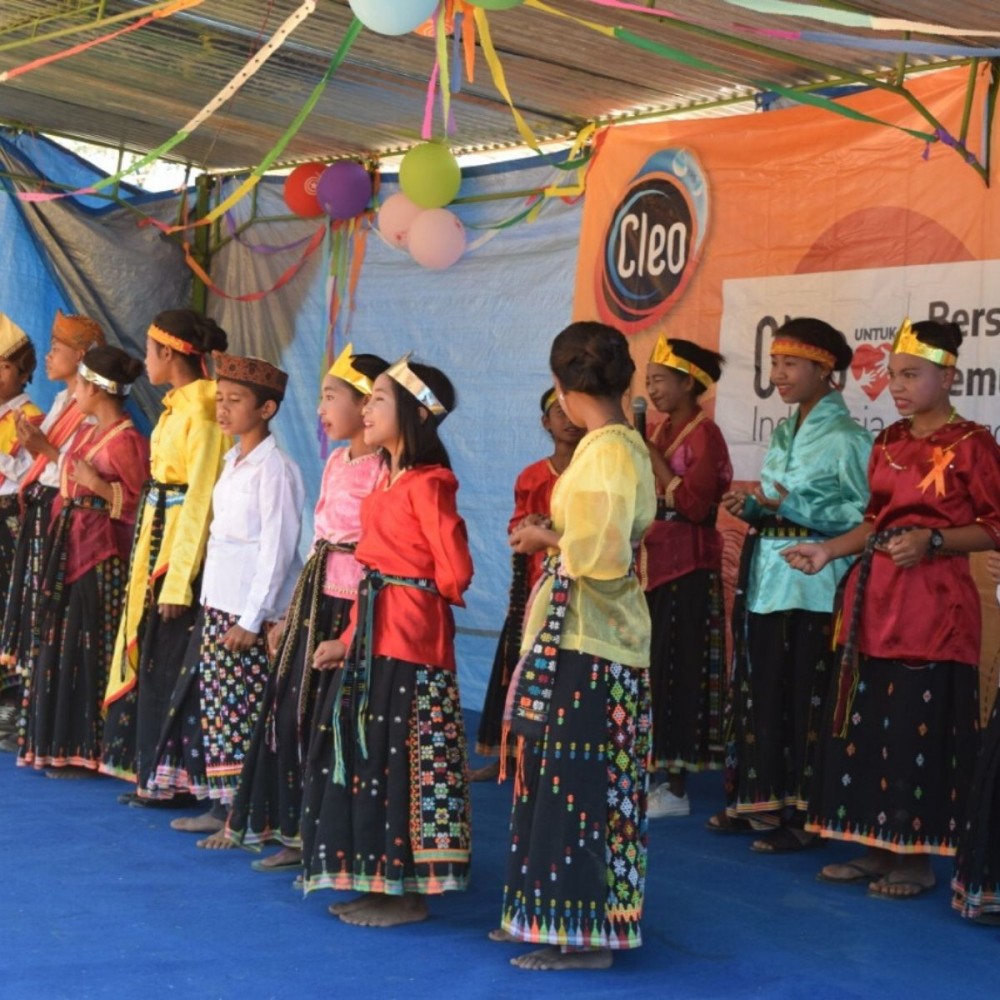Embarking on a Literacy Adventure: Storytelling Transforms Teachers and Children in Schools

By 2023, the literacy rate of primary school students have reached 61.53% with a literacy competency level above the minimum. Based on the category, the literacy competency level of primary to senior secondary school students is still in the medium category. To reach the good category, the literacy competency rate must reach above 70%. One way to improve students' literacy is through fun activities for children. For example, storytelling.
Another interesting fact is that the majority of children in Indonesia grow up with parents who never read stories to them. This habit can limit their cognitive development (Alatas et al, 2013). On the other hand, children who do have access to Early Childhood Education services often find that their local ECD centres are of insufficient quality, with inadequate facilities and teaching materials and relatively untrained teachers (Chang, Hasan and Hyson 2013, Brinkman et al, 2016). As a result, literacy activities cannot be implemented smoothly at home or in ECD centres.
Reflecting on the data above, we can summarise the two main problems hampering literacy activities. And it turns out that these problems can be solved practically. The first step is to provide a safe environment for students to learn by renovating schools. The second step is to provide students with opportunities to improve their literacy skills. When there are adequate facilities to meet the needs of the student population, there is a positive improvement in academic outcomes (Dawson and Parker, 1998).
When schools have adequate facilities, fun literacy activities can be organised for children. Academically, storytelling is a powerful way of conveying ideas. It describes experiences, teaches listening and retelling. Children's literacy skills are also trained through storytelling.
Realising the importance of this for the students in his school, Rifai, a teacher and librarian at one of the elementary schools in Jakarta took the initiative to implement the two practical steps above. Rifai teaches in a school that is assisted by WVI. He was involved in the Training of Trainers Story Telling for Teachers activity. This activity aims to improve teachers' ability in storytelling, with a focus on encouraging students' interest in literacy through storytelling activities. This activity is part of the Jakarta Urban School project implemented by WVI as a partner of World Vision Korea, supported by the Community Chest of Korea and KB Securities.
Rifai saw that this activity not only provided an opportunity for teachers to be able to improve storytelling skills, but also an opportunity for teachers to build relationships with other schools and various learning related to improve children's literacy in schools. Prior to the training activity, Rifai had started to promote literacy activities at school by digitising books in the library. He scanned each book and saved it in PDF format to be uploaded to the school web page. Children have easier access to story books. In addition, Rifai was able to build a network with volunteers from the Calvin Institute who helped him manage the digital library.
"This storytelling activity was very interesting and increased the enthusiasm of students and other teachers at school. The children wanted the duration of the storytelling exercise in the library to be increased from the scheduled time. Students want to be in the library longer," said Rifai.
Before participating in this activity, Rifai did not master the skill of interesting storytelling. Teachers tend to apply one-way learning or ask children to read a story. After understanding storytelling, Rifai was able to apply storytelling in learning so that children not only read and do assignments, but can also listen to teachers tell interesting stories, including continuing pieces of fairy tales to train students' imagination.
Wanting to apply what he had received during the training, Rifai and the school organised a storytelling competition for students. Rifai saw how the children enthusiastically practised during the preparation period for the competition. Initially, Rifai was worried about the students' readiness because their learning activities were already busy, not to mention having to prepare a story in a short time. But that concern turned into admiration because when the day of the competition arrived, the children were very ready and confident.
One of the participants and the winner of the storytelling competition at the school was Nova. She is a student who enjoys reading. "First, I was asked to practice so that the story would be good. The practice was in the new library room," she said, "The teacher in the class also helped me train. I was told how to use different voices for each character, add gesture movements, and speak clearly." As the first winner in the storytelling competition at school, Nova advised, "Don't stop trying because failure is only one of many attempts,".
In the future, the elementary school where Rifai serves is committed to making the storytelling competition an annual agenda. "Not only storytelling competitions, there will also be poetry competitions, drama competitions, and other competitions that can improve children's literacy," said Rifai.
Strengthening literacy for teachers in schools through storytelling activities has created a positive impact on students and teachers. The programme not only improves literacy skills but also opens doors of opportunity for students to explore and improve their quality of life in the future. Rifai and other teachers expressed hope that in the future WVI and partners can continue to support the development of students' skills at school.
Author: Deviana Bayhaqi dan Yonathan Prasha (project team members for WVI office in Jakarta)
Editor: Mariana Kurniawati (Communication Executive)


